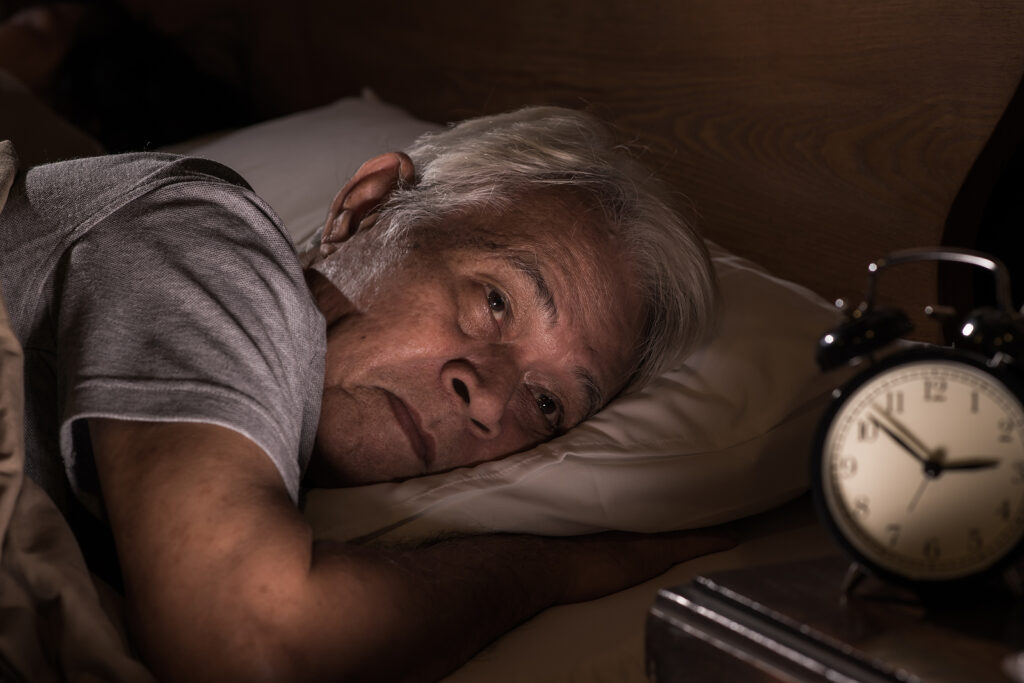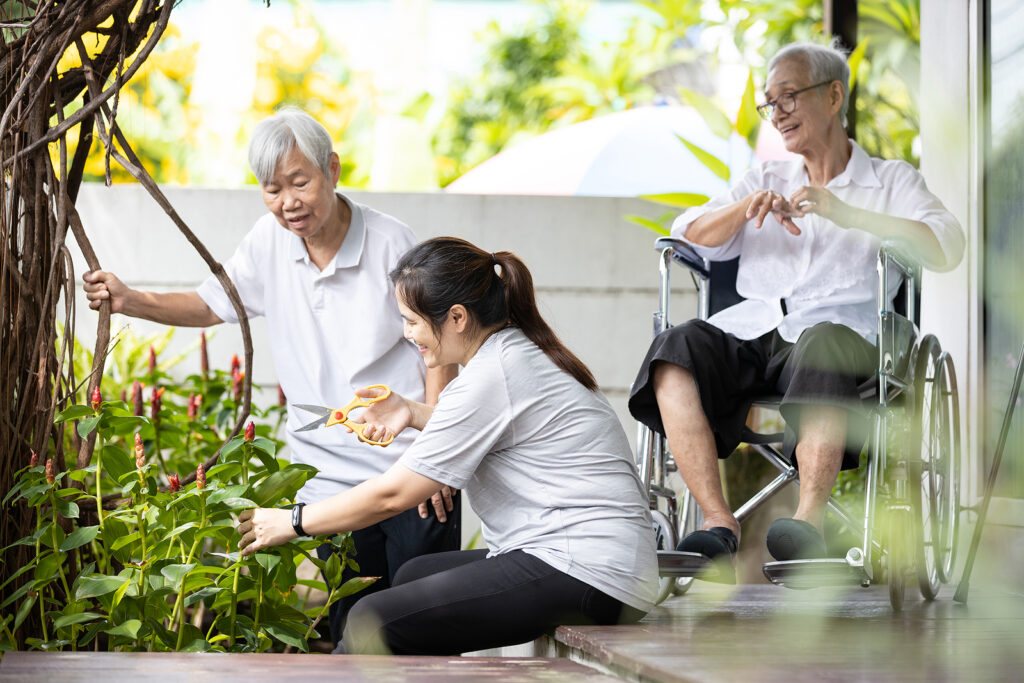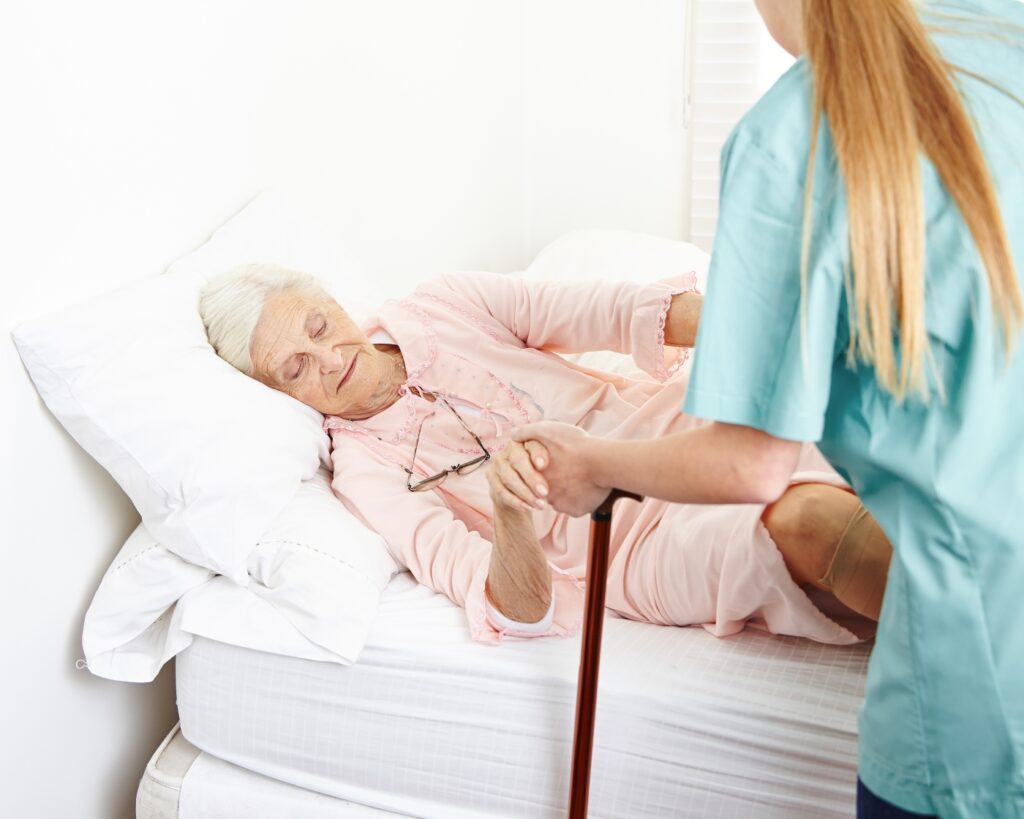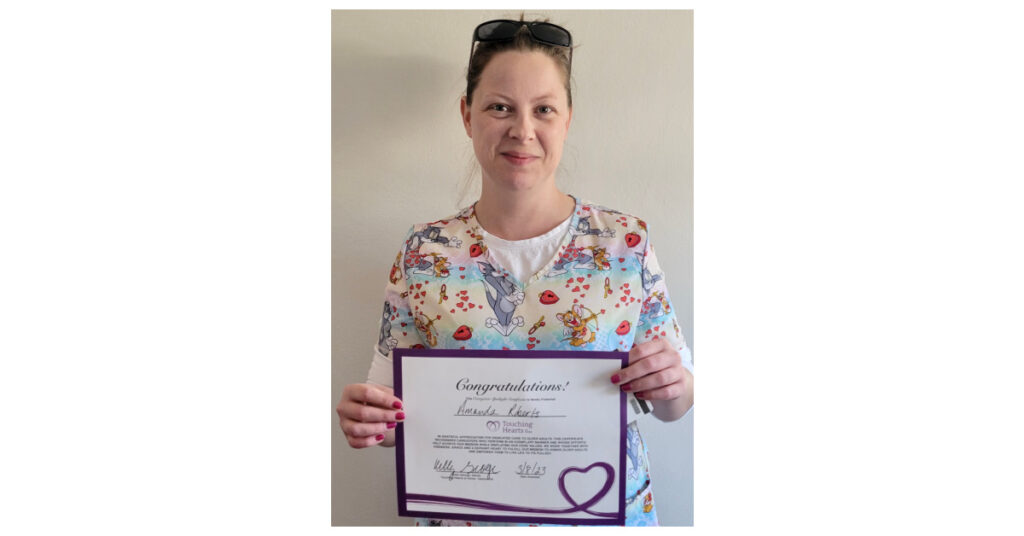Why Your Senior Loved One Sleeps So Much
People tend to receive less deep sleep as they age compared to what they used to obtain when they were younger. Older people’s sleeping habits are often disrupted by more frequent toilet requirements, arthritic aches, and other physical issues such as increased sensitivity to sounds, maintaining an appropriate sleep temperature, and even the balance and comfort of a senior’s mattress.
One of the most typical strategies to compensate for disrupted sleep is to take more daytime naps. As a result, it is common for elderly individuals to nap more often, feel weary and drowsy suddenly, and even go to bed sooner than usual. In most cases, there is no cause for alarm.
However, if you find that your loved one is sleeping more than usual or sleeping for most of the day, this might be an indication of a bigger issue. It is essential to figure out what’s creating their demand for additional sleep and address all environmental issues. Here are some reasons why your seniors’ sleeping pattern may change.
Circadian Rhythm Aging
Adults in their 50s and 60s are more likely to notice a decrease in both the quality and length of their sleep. Changes in the ticking of its internal master clock are often to blame. The hypothalamus area of the brain houses the body’s clock. This Master Clock is in charge of regulating your daily cycles by sustaining the circadian rhythms.
Circadian rhythms make you weary before bed, hungry after meals, and enthusiastic during work and play. The body’s clock has a strict timeline for releasing special chemicals known as hormones, which trigger these critical body processes.
This section of the brain ages with us. As the specific brain cells that comprise the Master Clock in the hypothalamus age, their activities deteriorate. As a result, the critical timeframe may get distorted to some extent. One of the most typical symptoms of a failing hypothalamus is feeling awake when you should be sleeping and vice versa.
They May Not Have Regulated Melatonin
However, a failing hypothalamus is not the only factor that might jeopardize normal sleeping patterns. It is generally known that circadian rhythms are influenced by the light of the sun. Sunlight is essential for creating and controlling melatonin, or “sleepy time” hormone. Melatonin is eliminated from the body’s chemical activity as the sun rises. Melatonin is replenished when the sun sets and the body prepares for sleep.
Because many seniors do not go outdoors and expose themselves to the entire spectrum of sunlight as often as they should, their melatonin cycle might be disrupted. It is more difficult to fall asleep, and sleep quality suffers when melatonin is not properly regulated and produced.
Diet Can Play a Huge Role
The stuff we consume may also influence how much sleep we get. A substantial amount of data suggests that consuming processed, spicy, and fatty meals and those with a high glycemic index might be particularly detrimental to sleeping patterns.
Alcoholic drinks may make a person feel weary and drowsy. Still, they also have an effect on the quality of their peaceful sleep, making a senior feel fatigued and sluggish the next day. Caffeine is another big detractor from having a good night’s sleep and may contribute to disrupted sleep patterns.
How Home Care Can Help
If your senior loved one is struggling to get enough sleep at night, it could be time to bring in help. Home care providers can be there to help your parent with many different aspects of overall health that can promote better sleep. Getting regular exercise during the day, eating health meals, avoiding alcohol and caffeine and keeping consistent sleeping hours can all be beneficial for your senior. Consider the many benefits of home care for your senior today.
Source
https://www.webmd.com/healthy-aging/guide/sleep-aging
If you are considering home care in Centerville, OH, for an aging loved one, please contact the caring staff at Touching Hearts At Home of Dayton today at 937-870-2015.
You may also like:
Improving Food Safety for You and Your Senior
Foodborne illnesses often increase in the summer months due to warmer temperatures. The warmer it is outside or in a…
How Can Seniors Prevent Kidney Stones?
Kidney stones are a common condition that can affect people of all ages, but seniors tend to have a higher…
Try These Great Spring Activities with Your Senior
Spring is a great time of renewal and rejuvenation. For many parts of the country, you’ve endured a long, hard…
Five Common Challenges Facing Older Adults
Seniors are a diverse group of individuals, meaning that they all face aging in slightly different ways. But there are…
How to Feel Younger as a Senior
There is no magical answer to feeling young when you enter your golden years. Like everyone, you will have good…
Our Current Caregiver Spotlight Recipient is: Amanda Roberts
Touching Hearts at Home – Dayton is pleased to announce Amanda Roberts as our current Caregiver Spotlight recipient! Amanda started…
Fun Indoor Activities That Provide Some Exercise
Your dad’s doctor recommends that he gets more exercise. But, it’s hard to get him outside when it’s still snowing…
What Steps Can Caregivers Take to Prevent Senior Malnutrition?
Malnutrition in seniors can lead to serious health issues, including dehydration, weakened bones, a weakened immune system, and more. Home…
4 Tips for Living with Congestive Heart Failure
Congestive heart failure is a condition in which the heart doesn’t work as well as it should. Today, doctors typically…










